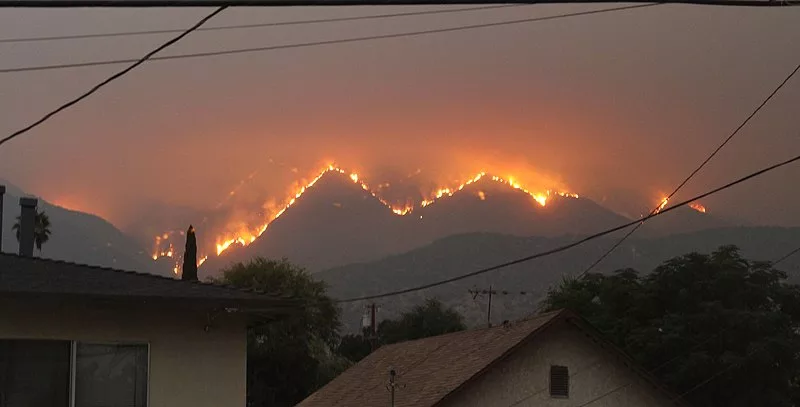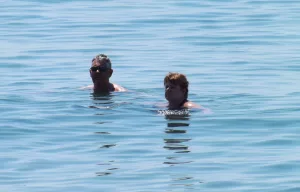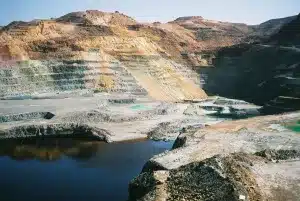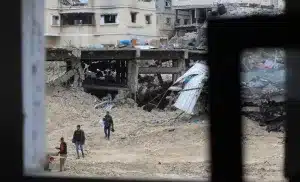Lebanon needs to invest around 7.6 billion U.S. dollars between 2024 and 2030 in energy, water, transport, and solid waste to mitigate the impact of climate change on its development path, according to a report released by the World Bank on Wednesday.
The Lebanon Country Climate and Development Report noted that the energy sector alone would require about 4 billion dollars in investments to diversify the generation mix toward cleaner and more affordable renewable energy sources and to shift from liquid fuel to natural gas.
According to the report, other critical investments would include over 1.8 billion dollars in the water sector, 200 million dollars in solid waste management, and 915 million dollars in the transport sector.
The report said Lebanon is one of the countries least prepared to face climate change, second only to Yemen in the Middle East and North Africa region and ranking 161st out of the more than 190 countries globally in terms of climate change readiness.
The report also highlighted the impact of climate change in Lebanon, saying that it’s expected to reduce the country’s growth potential by up to 2 percent annually by 2040 and decrease water availability by up to 9 percent in the same year. This will result in significant economic losses, including 250 million dollars in agriculture and 75 million dollars in tourism, threatening the livelihoods of a large portion of the population, it added.
“Climate change poses a real threat to any country’s development prospects. Lebanon is no exception: the cost of inaction today will be too high for future generations,” Jean-Christophe Carret, World Bank country director for the Middle East Department, was quoted as saying in the report.
“Lebanon needs to prioritize and sequence recommended measures and interventions in the energy, water, transport, and solid waste sectors, reflecting their urgency, synergies, and trade-offs in responding to development and climate needs,” he added.
















